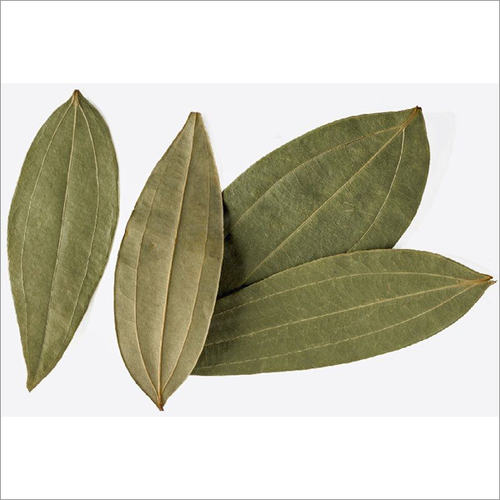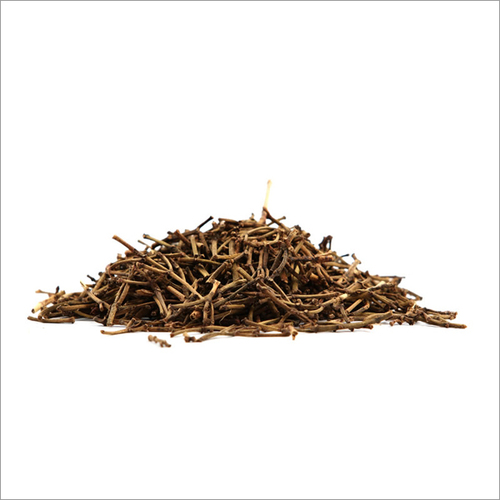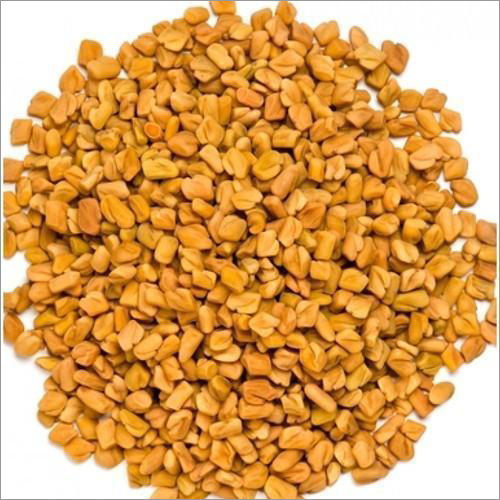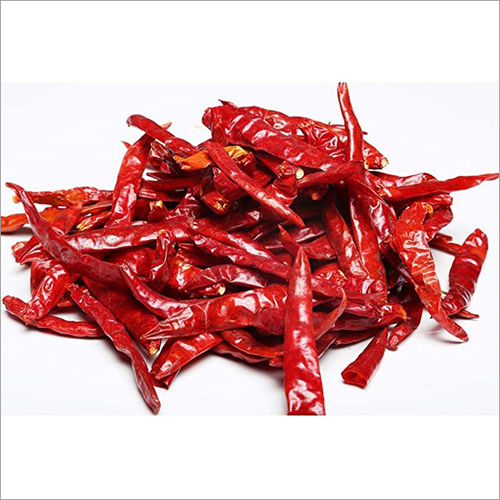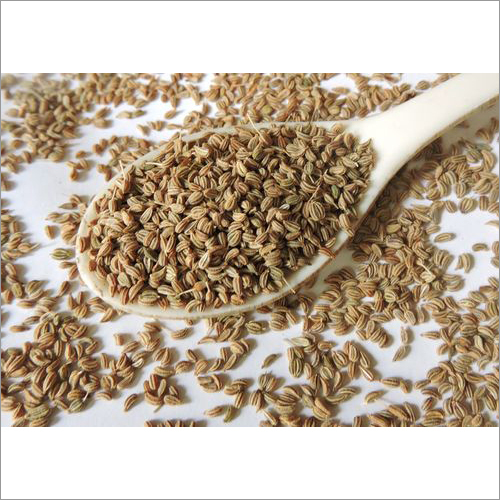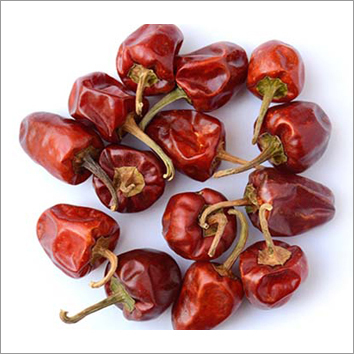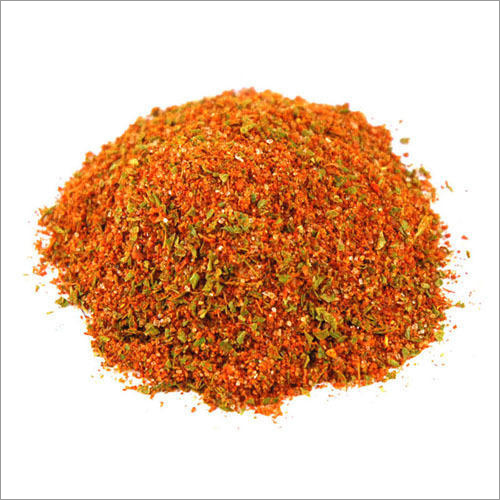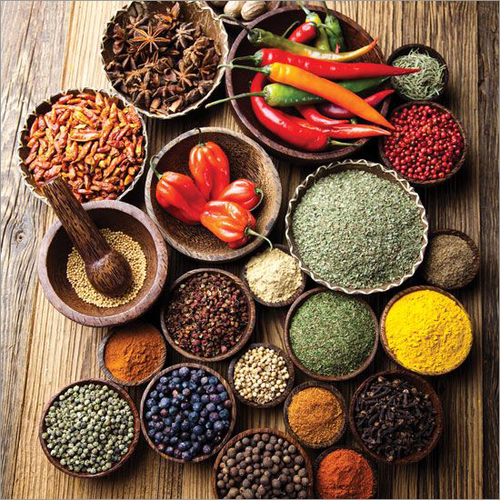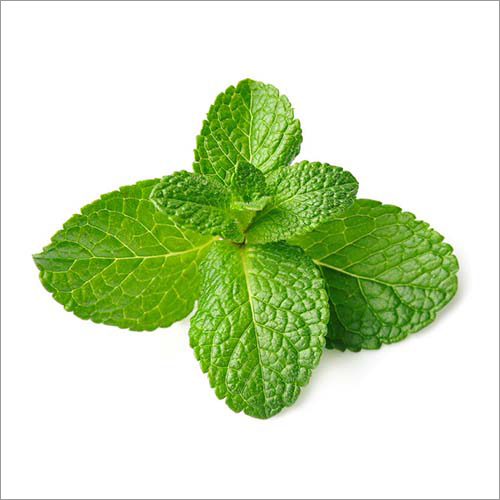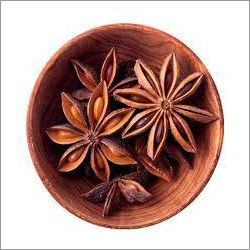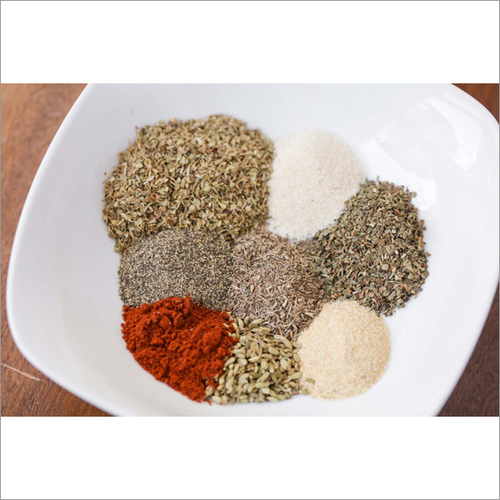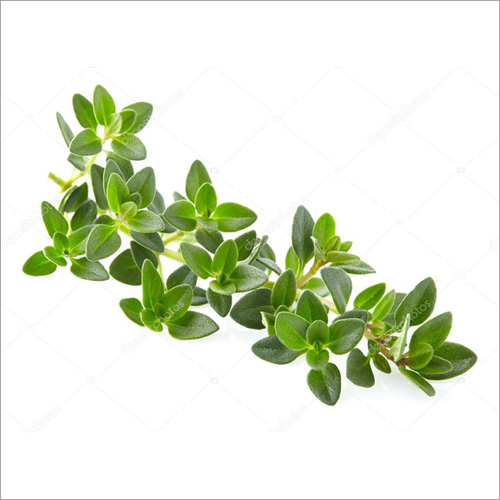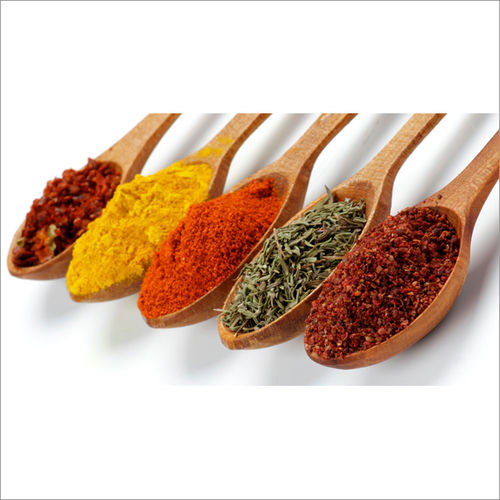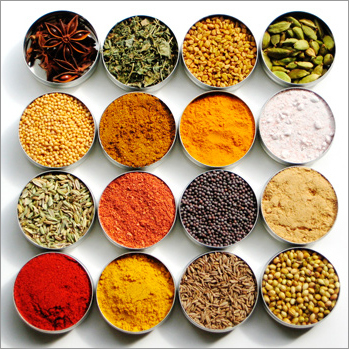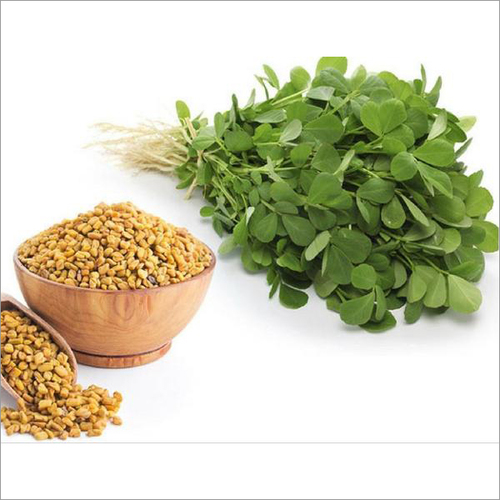
Fenugreek Leaf and Seeds
Product Description
Overall, fenugreek leaves and seeds are versatile and flavorful ingredients that are used in a variety of cuisines around the world. Whether used fresh or dried, as a spice or a leafy green, they add a unique flavor and aroma to a variety of dishes and are a great addition to any healthy diet.
FAQ
1. What is fenugreek, first?
Ans - The herb fenugreek is indigenous to the Mediterranean area and some parts of Asia. Its leaves and seeds offer therapeutic qualities, and it has a long history of use as a spice.
2. What are fenugreek's health advantages?
Ans - Numerous healthy substances, such as dietary fibre, minerals, and vitamins, are found in fenugreek. It has been used for many years to treat several illnesses, including diabetes, digestive problems, and heartburn. Additionally, it might lower cholesterol and help with blood sugar regulation.
3. How should I cook fenugreek?
Ans - You can consume the leaves either raw or cooked. The seeds can be powdered and added to dishes like curries, soups, and teas.
4. What negative consequences does fenugreek have?
Ans - Some people may get adverse responses from fenugreek. You should speak with your healthcare practitioner before using it because it may interfere with some medications.
5. Are there any dangers involved in consuming fenugreek?
Ans - When consumed in the recommended doses, fenugreek is usually regarded as safe. However, prolonged use or ingesting large doses may result in various negative effects, including low blood sugar, diarrhoea, and gastrointestinal pain.


